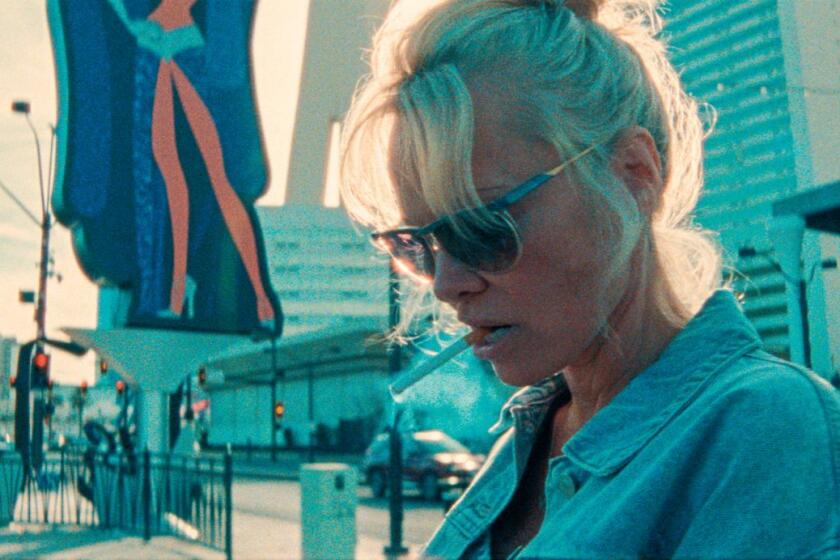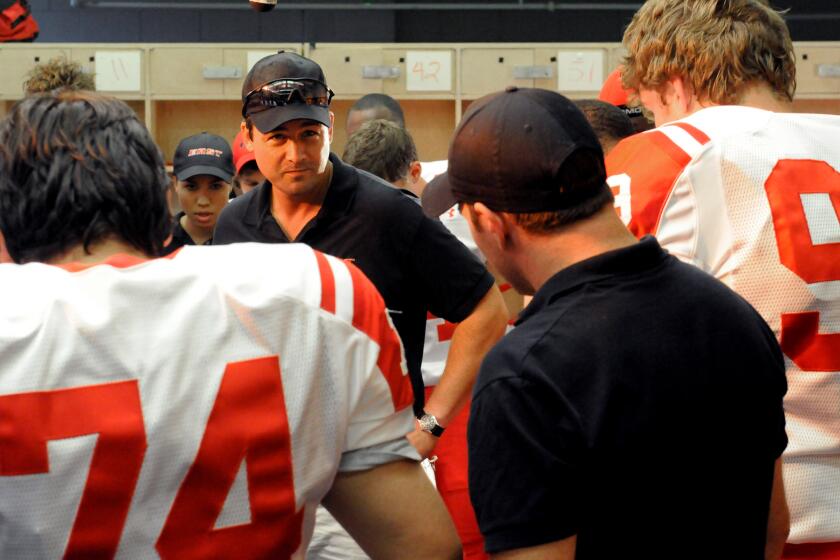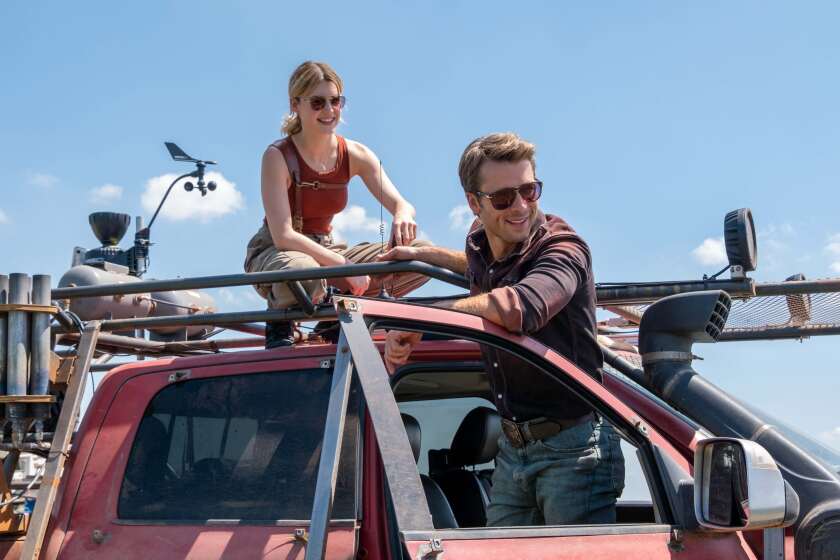Shelf Life : Library Foundation Rescues Memorabilia From Radio’s Heyday
There was an urgency in Brad Miller’s voice.
“As we speak, the record of American radio is being dumpstered or moldering in boxes,” said the special collections librarian for the Thousand Oaks Library.
Miller oversees one of the nation’s largest collections of materials from the Golden Age of Radio: The American Library of Radio and Television, owned by the Thousand Oaks Library Foundation.
The archive contains more than 20,000 scripts and 10,000 hours of radio programs, including papers, recordings and photographs that once belonged to singer and pop idol Rudy Vallee.
The collection has become part of the continuing effort to rescue scripts, papers and recordings made during radio’s heyday, the 1930s and ‘40s.
Miller said it’s not unusual for surviving family members to toss old scripts and other papers because they are unaware of their value. For example, the library’s Robert Q. Lewis collection ended up at the library after the family of the pioneering radio personality donated file cabinets still filled with his papers to a rescue mission.
The papers were all but in the trash when an alert staff member decided to find out if they might be valuable.
Until recently, there has been limited interest in preserving radio memorabilia--most archives, such as UCLA’s, tend to focus on television and film. But according to Marty Halperin, a retired sound engineer who is still active in radio broadcasting, interest in radio is picking up.
“I get calls from around the world,” he said. His extensive personal collection takes up most of his Woodland Hills garage and includes tapes of speeches and battlefield reports from World War II. “I never dreamed when I started putting things away that this would happen.”
Though there are a number of private collectors, Thousand Oaks is one of the few institutions pursuing materials about radio.
“Basically, nobody [else] collects actively,” said Brigitte Kueppers, a special collections librarian at the UCLA Theatre Arts library. “It’s very important that one institution is taking on the responsibility so that we have these materials on the West Coast.”
*
According to Marvin Smith, Thousand Oaks library director and a voting member on the foundation’s board, the radio collection came about because the foundation needed the right image for fund-raising when it was formed about 14 years ago.
“We had to make the foundation dynamic,” Smith said. “So the foundation was looking for a corporate image.” Housing a high-profile, serious special collection that went beyond the more common local history collections would do just that. They looked into several subject areas, then realized that there were a number of early broadcasting pioneers living in the Thousand Oaks area.
“There’s an unusual body of interest in the area,” Miller said. Radio was “a niche, a workable niche and one where a genuine contribution could be made.”
In September 1987, about four years after the collection was started, negotiations began to acquire the Rudy Vallee collection, which was eventually purchased for about $225,000.
There has been some criticism that the money could have been better spent on books for the main library, but Smith pointed out that the Vallee collection gave the archive a certain legitimacy.
“He was the first superstar,” Smith said of Vallee and his collection. “It’s a magnet that draws people. People have given us things because of the prestige.”
Halperin added, “I do know that people want to donate to places that they consider safe, that won’t let their materials out to sell them.”
Miller sees the collection as an important part of the library’s mission as a whole.
“Libraries are always a balance between protecting materials and providing access,” he said. With an appointment, visitors can read scripts and listen to programs, as well as look at letters and ledgers owned by major players Lewis, writer/producer Norman Corwin and others.
Both Miller and Halperin see radio and its history as an important clue to who we are now.
“Radio literally invented most of the current entertainment formats,” Miller said. Variety shows, westerns, even situation comedies were heard on radio a good 10 years before the first television sets entered American homes.
Radio is “part of our history,” Halperin said. “That’s how we all grew up, and that affects how people think.”
More to Read
The biggest entertainment stories
Get our big stories about Hollywood, film, television, music, arts, culture and more right in your inbox as soon as they publish.
You may occasionally receive promotional content from the Los Angeles Times.






